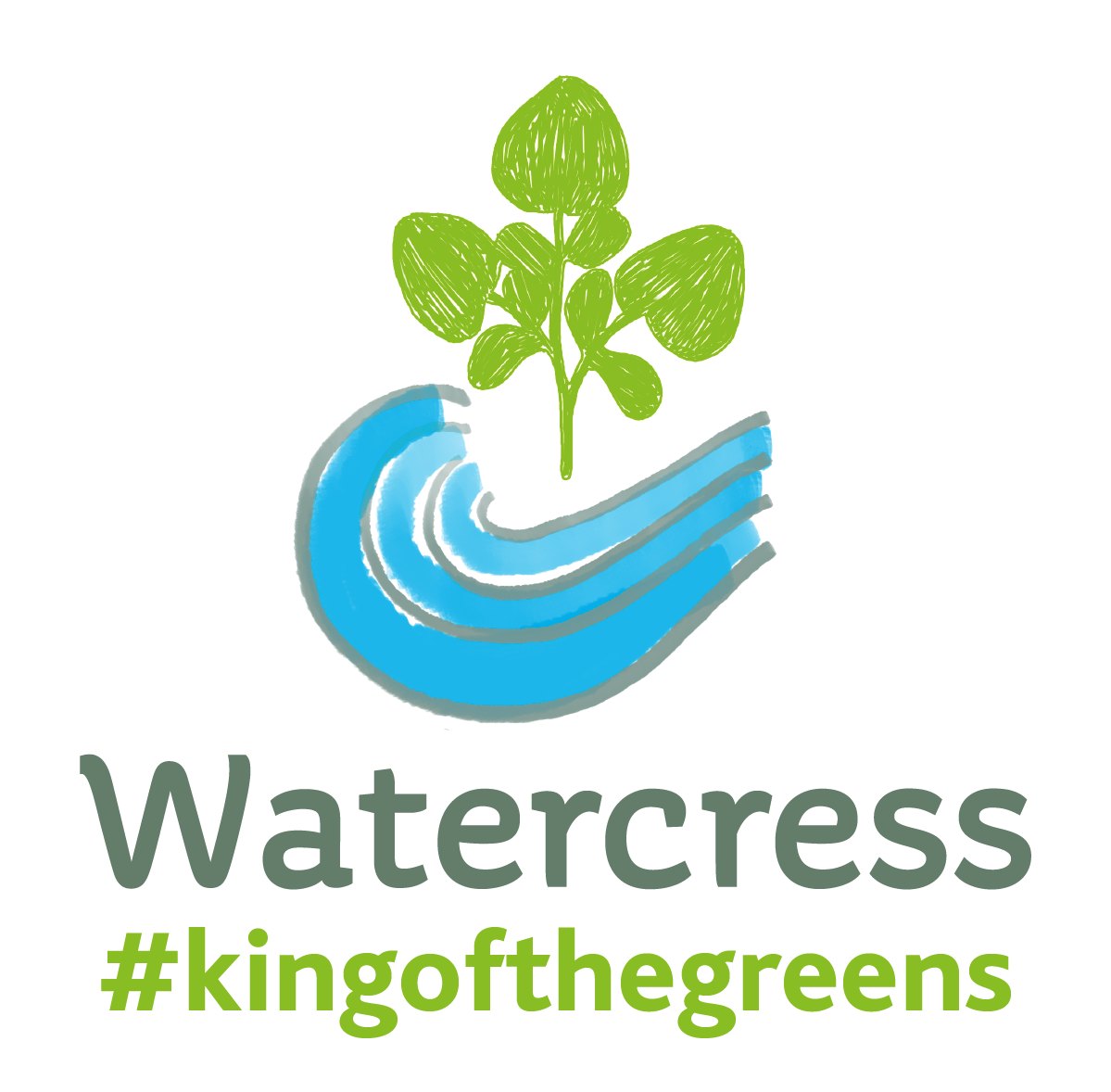Paralympic hopeful “going to great lengths” with watercress
I’m George Kelman-Johns. I’m 17, live in Dorchester with my parents and three sisters and am a member of the British Para Academy Swimming Squad. I have a long-standing goal – to swim at the Tokyo and Paris Paralympics – and am hoping that eating more watercress will help me to achieve that ambition. For this reason, I have agreed to be a watercress ambassador and so far, my sister, Phoebe (who is also a National Swimmer) and I have experienced two weeks of additional watercress in our diets.
I really enjoy strong flavours, so the peppery taste of the watercress is right up my street, plus I know nutritionally that it is second to none and will help with my training.
5 reasons why Watercress is good for training:
Packed with nutrition - Watercress contains over 50 vital minerals and vitamins making it a real powerhouse in terms of nutrition
Filling - Watercress is great for helping to fill you up without adding too many calories
Immunity booster - It’s great as a booster for your immune system because of the high levels of vitamin c
Reduces DNA damage - Watercress has been shown to reduce the DNA damage that excessive exercise causes and so aids recovery after training
Versatile - I’m still experimenting, but watercress seems pretty versatile and quite easy to add to all kinds of meals
I have been swimming since I was 5 and joined a swimming club at 8 years old. Swimming has been a positive aspect throughout my life as unfortunately as a toddler I suffered from an illness which left me with a speech and language difficulty. While I struggled at school academically, swimming was something at which I excelled.
I have been competing at county level since the age of 10 when I was Dorset champion for 200m Individual Medley and 100m Breast Stroke. Since then I have gone on to win numerous medals and I am currently with Swim Bournemouth competing in national and international competitions in all strokes and against top international swimmers. Last year I was delighted to be invited onto the British Para Swimming Academy Squad and the Swim England Programme which brought me a step closer to attaining my dream.
Unfortunately, as with any serious sport there is a lot of travelling to and from competitions, and training camps, all of which cost money - a year’s training and competitions can add up to £15,000 - and despite applying to Sportsaid for assistance, we have been unsuccessful. My father and I have therefore been approaching local businesses for support in this early part of my career and The Watercress Company has not only agreed to supply free watercress to nutritionally help with my training but also to donate some funds to help financially, for which we are extremely grateful. And it’s not easy - I train 16 hours a week in the pool and then work out in the gym and do circuits for strength and conditioning.
World Para Swimming caters for three impairment groups - physical, visual and intellectual. I am classed as a S14 para-swimmer with an intellectual impairment which means there are five events I can enter. Results aren’t instant like they are in able-bodied swimming and there can be a considerable wait before the winning positions are revealed since athletes compete against each other on a points-based system according to classification.
The excitement surrounding the London 2012 and Rio 2016 Paralympics was, and still is, really inspiring and showed me that disability does not have to hold you back. I’m now utterly focused on my Swim England Sporting Excellence Award and really looking forward to going to Tenerife at the end of October to train. It’s thanks to companies like The Watercress Company that I can do this, and I promise to keep on eating the watercress!
A favourite way of incorporating watercress to my diet so far is as an accompaniment to chicken, chorizo, chickpeas and rice.
See here for other delicious recipe ideas featuring watercress, developed by The Watercress Company’s own development chef, Keri Astill-Frew.




